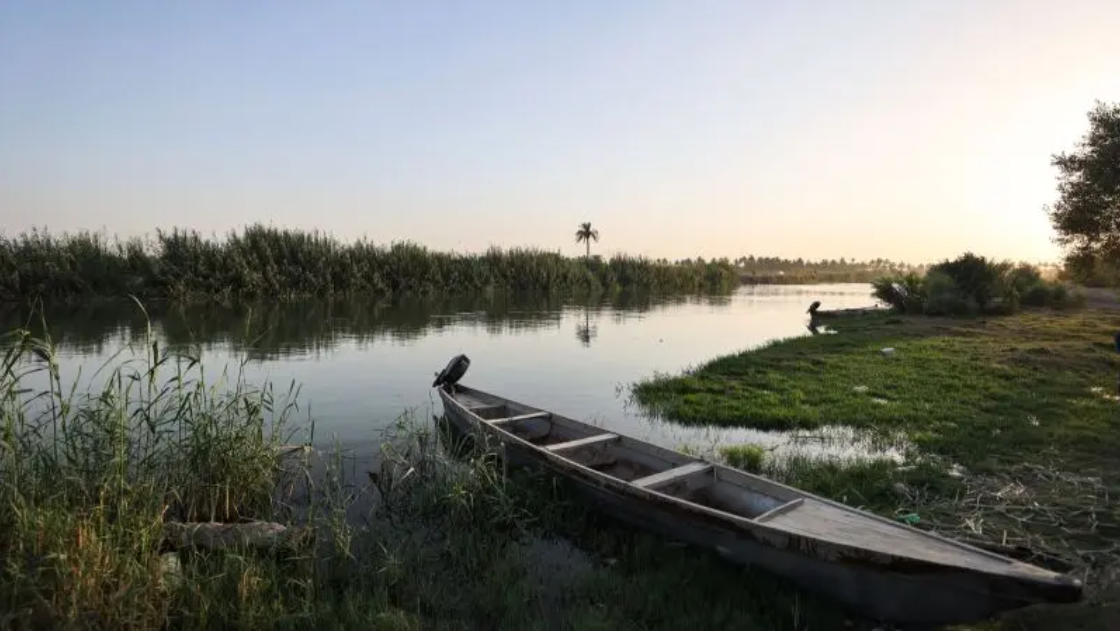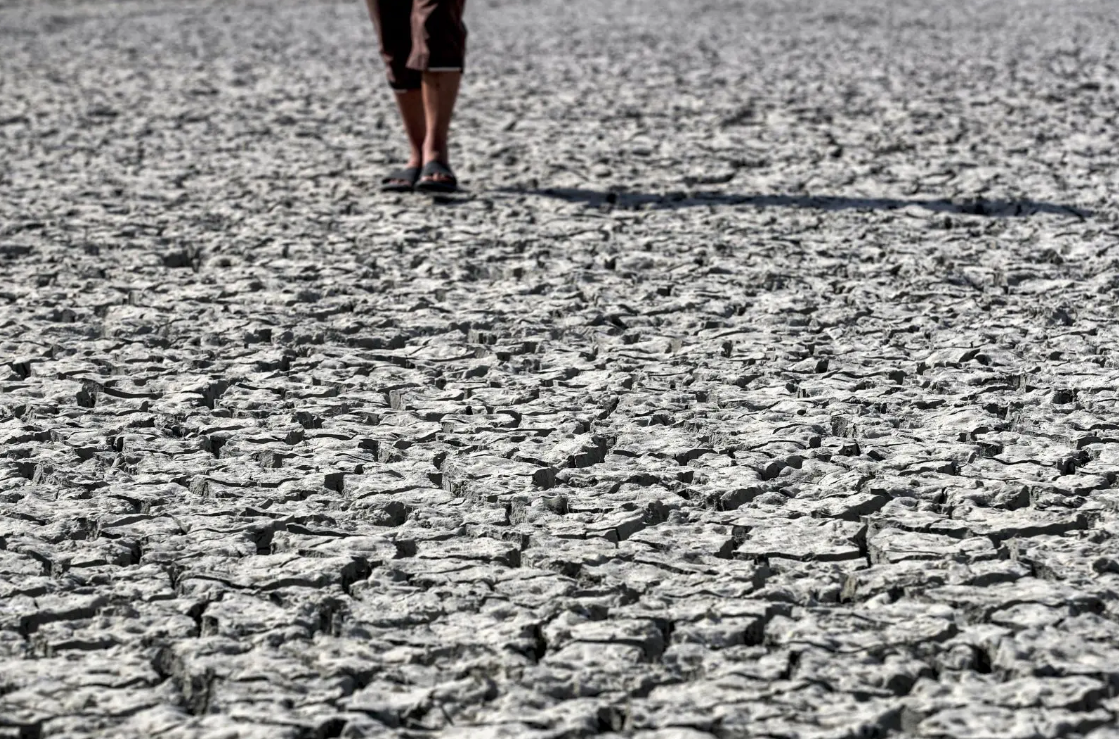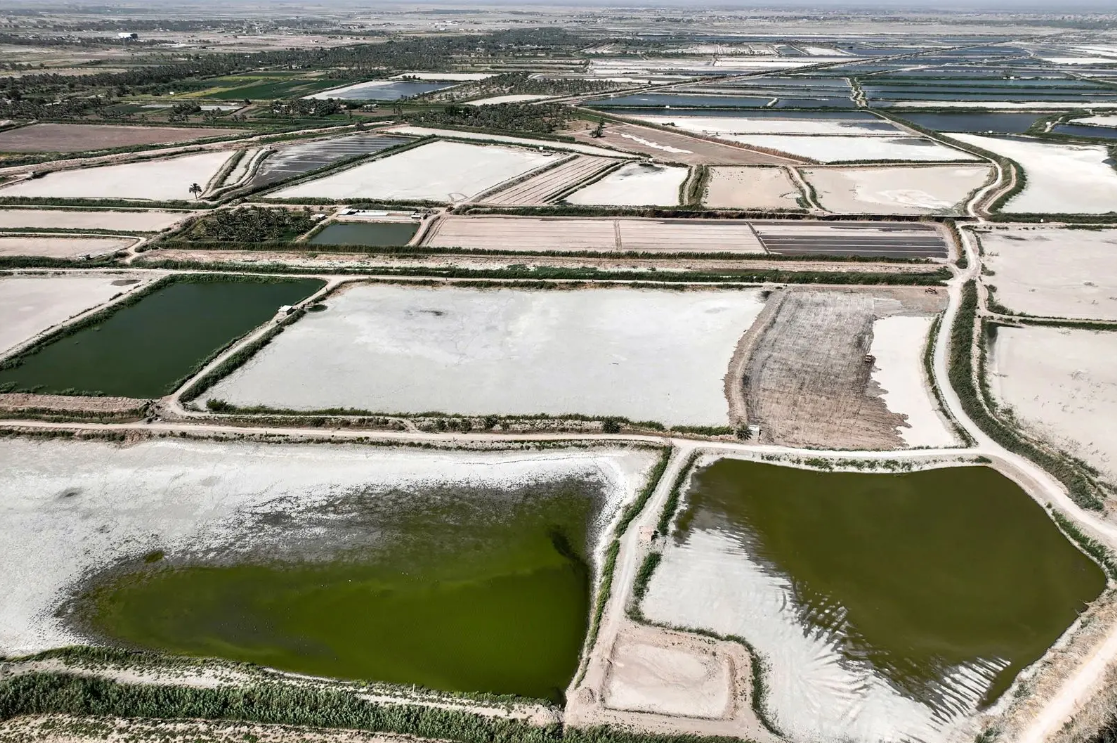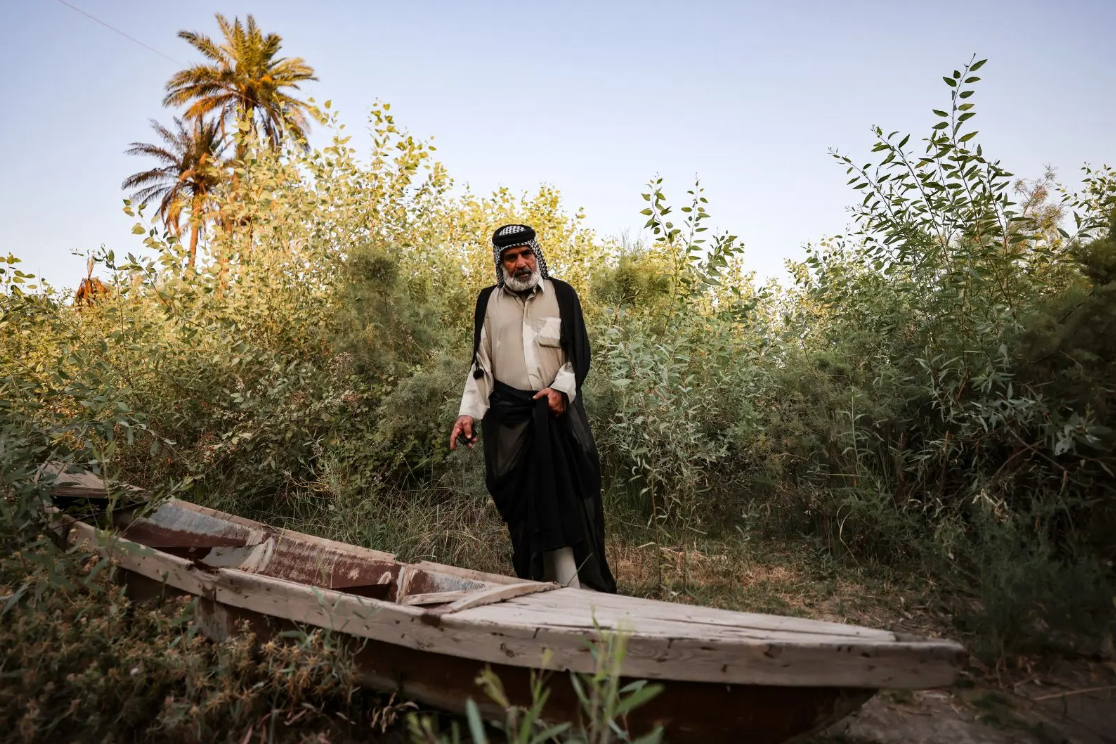As water levels drop dangerously, authorities have enacted drastic measures to restrict the use of water for some purposes, including crop irrigation, as authorities crack down on illegal practices long ignored.
However, since late May, unauthorised fish farms – one of the long-ignored practices – have become a target.
Whereas the alarming water crisis is blamed mostly on climate change drags on, officials in Iraq are looking for trade-offs in an effort to meet the country's demands.
Water supply in Iraq, which the United Nations ranks as one of the five countries most impacted by some effects of climate change, is in a dire state.
Declining rainfall over the past four years coupled with rising temperatures has brought water levels in the Tigris and Euphrates rivers to staggering lows, according to AFP.
Meanwhile, Baghdad has maintained that the upstream dams built by neighbouring Turkey and Iran have played a role in the recent Iraqi draught.
But at least some of Iraq's 43 million inhabitants share the blame, due to water-intensive "irrigation practices", Khaled Shamal, spokesman for the water resources ministry, told AFP
"The strategic water reserves in Iraq are at their lowest point" in nearly a century, he said.
A big problem for Iraqi authorities, in terms of water supplies and reserves, is illegal fish farms.
The government has launched a nationwide effort to curb the unauthorized use of water supplies for fish farms, which is identified as a major source of waste in such sensitive times.
Fishing farms "increase the water surface susceptible to evaporation", provoke seepage into the soil, and contribute to "environmental pollution", Shamal explained.
That is why Iraq is shutting down fish farms.
About half of Iraq's estimated 5,000 "unlicensed" fish farms have been closed, he said, pointing out that authorities still allow mobile fish tanks which are submerged in rivers.
In the meantime, Ayad al-Talibi, president of the Iraqi association of fish farmers, said he accepted the shutting of unauthorised ponds. But he questioned whether the water that has been saved was "properly used".
Before the May crackdown, Iraq produced nearly one million tonnes of fish per year, but Talibi told public broadcaster Al-Ikhbariya that output has now plunged to 190,000 tonnes.
The sector employs two million Iraqis, he highlighted.
"All of these families will migrate to the cities", which may struggle to accommodate them, Talibi predicted.
Additionally, the water crisis has also affected river fishing.
A man stands next to his fishing boat, abandoned on the banks of a branch of the Euphrates River in the town of Al-Hamza near the city of Hilla on July 6, 2023. (Photo by Ahmad AL-RUBAYE / AFP)
In Iraq's far south, high salinity has harmed fishing in the Shatt al-Arab waterway, where the Tigris and Euphrates converge before spilling into the Gulf.
As the flow of fresh water from the north decreases every year, the riverbed gradually fills with salt water, which poses a huge problem for farming, irrigation, and fishing alike.
From a bird's-eye view, the backfilled dry patches of land that replaced the ponds that were once fish farms are marked out by unpaved roads, as described by AFP.
Iraqi villager Omar Ziad gazes at the cracked and barren earth where his fish farm once stood, lost to water conservation efforts.
"I've worked in this industry since 2003," the 33-year-old said at his village of Al-Bu Mustafa in Iraq's central Babylon province.
He had watched helplessly as officials from the water resources ministry sealed his family's seven fish ponds.
Surrounded by fields and majestic palm trees, this was where Ziad, his father and seven brothers would rear carp, which Iraqis use to make their beloved grilled fish dish known as masguf.





 RSS Feed
RSS Feed